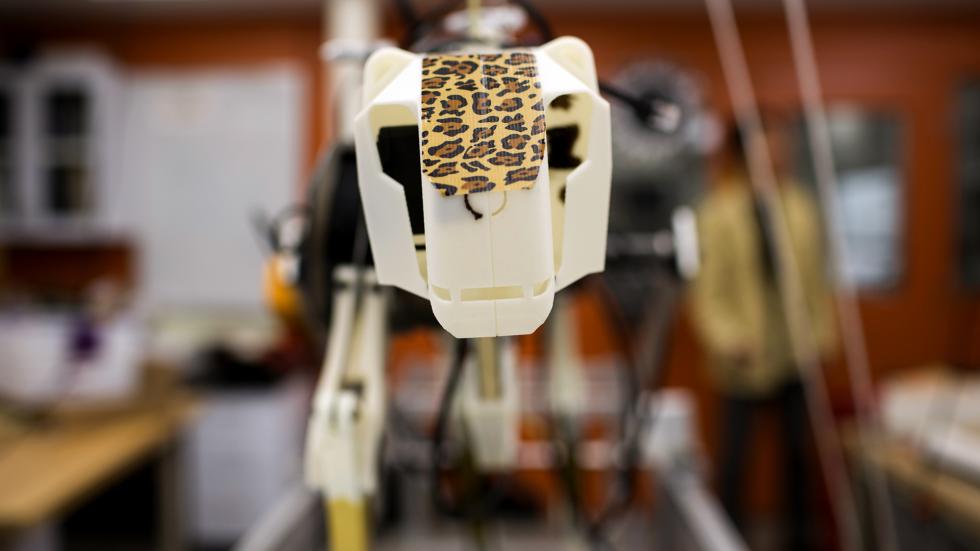2.74/2.740: Bio-inspired Robotics
Class Information
Fall | Undergrad/Grad | 12 Units | Prereq: 2.004 or permission of instructor
Interdisciplinary approach to bio-inspired design, with emphasis on principle extraction applicable to various robotics research fields, such as robotics, prosthetics, and human assistive technologies. Focuses on three main components: biomechanics, numerical techniques that allow multi-body dynamics simulation with environmental interaction and optimization, and basic robotics techniques and implementation skills. Students integrate the components into a final robotic system project of their choosing through which they must demonstrate their understanding of dynamics and control and test hypothesized design principles. Students taking graduate version complete additional assignments. In person not required. Enrollment may be limited due to laboratory capacity.

